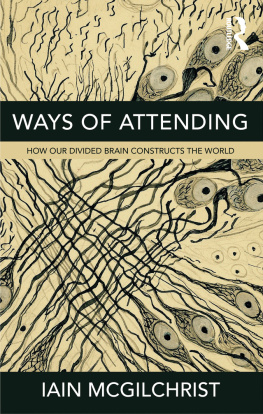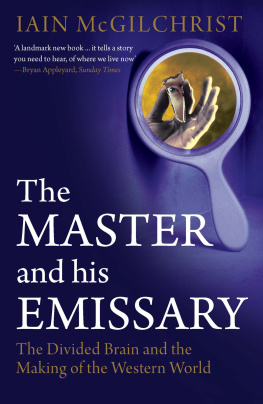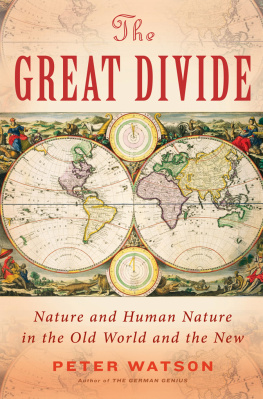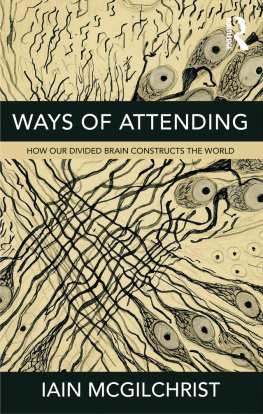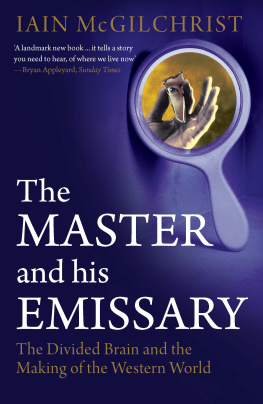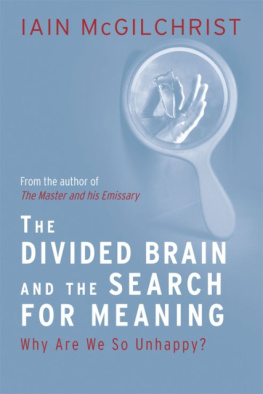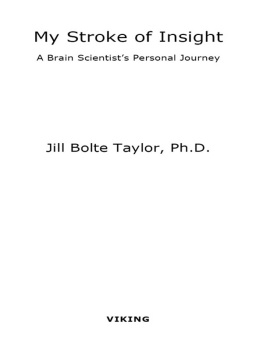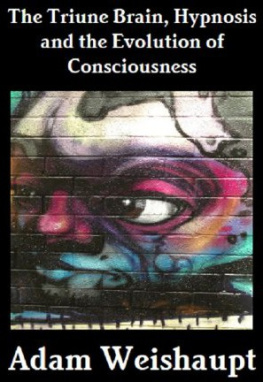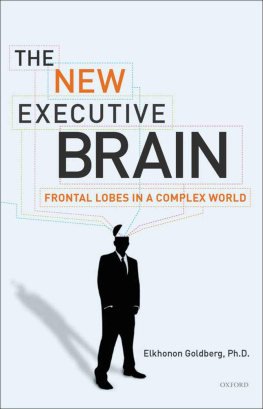Ways of Attending
Attention is not just receptive, but actively creative of the world we inhabit. How we attend makes all the difference to the world we experience. And nowadays in the West we generally attend in a rather unusual way: governed by the narrowly focused, target-driven left hemisphere of the brain.
Forget everything you thought you knew about the difference between the hemispheres, because it will be largely wrong. It is not what each hemisphere does they are both involved in everything but how it does it that matters. And the prime difference between the brain hemispheres is the manner in which they attend. For reasons of survival we need one hemisphere (in humans and many animals, the left) to pay narrow attention to detail, to grab hold of things we need, while the other, the right, keeps an eye out for everything else. The result is that one hemisphere is good at utilising the world, the other better at understanding it.
Absent, present, detached, engaged, alienated, empathic, broad or narrow, sustained or piecemeal, attention has the power to alter whatever it meets. The play of attention can both create and destroy, but it never leaves its object unchanged. How you attend to something or dont attend to it matters a very great deal. This book helps you to see what it is you may have been trained by our very unusual culture not to see.
Dr Iain McGilchrist is a Quondam Fellow of All Souls College, Oxford, a Fellow of the Royal College of Psychiatrists, a Fellow of the Royal Society of Arts, and former Consultant Psychiatrist and Clinical Director at the Bethlem Royal & Maudsley Hospital, London. He was a Research Fellow in neuroimaging at Johns Hopkins Hospital, Baltimore, and a Fellow of the Institute of Advanced Studies in Stellenbosch. He has published original articles and research papers in a wide range of publications on topics in literature, medicine, and psychiatry. He is the author of Against Criticism (Faber, 1982), The Master and his Emissary: The Divided Brain and the Making of the Western World (Yale, 2009), T he Divided Brain and the Search for Meaning: Why Are We So Unhappy? (e-book short) and is currently working on a book of epistemology and metaphysics entitled There Are No Things , to be published by Penguin Press.
Ways of Attending
How Our Divided Brain Constructs the World
Iain McGilchrist
This is an edited version of an article that originally appeared in the Scientific and Medical Network Review and is reproduced by kind permission of the author and the Scientific and Medical Network (www.scimednet.org).
First published 2019
by Routledge
2 Park Square, Milton Park, Abingdon, Oxon OX14 4RN
and by Routledge
711 Third Avenue, New York, NY 10017
Routledge is an imprint of the Taylor & Francis Group, an informa business
Copyright 2019 by Iain McGilchrist.
The right of Iain McGilchrist to be identified as the author of this work has been asserted in accordance with 77 and 78 of the Copyright Design and Patents Act 1988.
All rights reserved. No part of this publication may be reproduced, stored in a retrieval system, or transmitted, in any form or by any means, electronic, mechanical, photocopying, recording, or otherwise, without the prior written permission of the publisher.
Trademark notice : Product or corporate names may be trademarks registered trademarks, and are used only for identification and explanation without intent to infringe.
British Library Cataloguing in Publication Data
A catalogue record for this book is available from the British Library
Library of Congress Cataloging-in-Publication Data
A catalog record has been requested for this book
ISBN: 9780429435676 (ebk)
ISBN: 9781781815335 (pbk)
Edited, designed, and typeset in Arial and Georgia by Communication Crafts, East Grinstead
Contents
Guide
Dr Iain McGilchrist is a Quondam Fellow of All Souls College, Oxford, a Fellow of the Royal College of Psychiatrists, a Fellow of the Royal Society of Arts, and former Consultant Psychiatrist and Clinical Director at the Bethlem Royal & Maudsley Hospital, London. He was a Research Fellow in neuroimaging at Johns Hopkins Hospital, Baltimore, and a Fellow of the Institute of Advanced Studies in Stellenbosch. He has published original articles and research papers in a wide range of publications on topics in literature, medicine, and psychiatry. He is the author of Against Criticism (Faber, 1982), The Master and his Emissary: The Divided Brain and the Making of the Western World (Yale, 2009), T he Divided Brain and the Search for Meaning: Why Are We So Unhappy? (e-book short) and is currently working on a book of epistemology and metaphysics entitled There Are No Things , to be published by Penguin Press.
Attention may sound a bit boring, but it isnt at all. It is not just another cognitive function it is actually nothing less than the way in which we relate to the world.
[Iain McGilchrist, Ways of Attending ]
In this compelling introduction to his work, Iain McGilchrist unpacks one of the key concepts of his groundbreaking exploration of brain lateralization and its impact on human culture, The Master and his Emissary: The Divided Brain and the Making of the Western World (McGilchrist, 2009). The book is widely regarded as one of the most important and influential texts of the twenty-first century, a work of absolutely crucial cultural and intellectual importance, as Professor Louis Sass has observed.
Central to McGilchrists approach is the notion of attention. As he suggests, attention is not just another function alongside other cognitive functions. Rather, the kind of attention we bring to bear on the world actually alters the nature of the world we attend to: Attention changes what kind of a thing comes into being for us: in that way it changes the world (2009, p. 28). This transformative or world-changing aspect of attention can be seen in every form of relationship we encounter and experience from parenting and teaching, to therapy, art, philosophy, science and political engagement. Adjusting our mode of attention can have far-reaching and profound effects indeed, one might call this striking ability the attention effect , as remarkable a phenomenon in its way as the recognition in quantum mechanics of how the act of observation alters what is being observed.
As below, so above: the theologian Jacob Needle-man has presciently noted that the quality of mans attention is the key to the meaning of our lives and the possible growth of our being (2009, p. 204). This is because I am my attention . Everything else is given, is not mine (p. 205). The unique role of attention has also been recognised in the new digital technologies of the modern attention economy, in which the human gaze is increasingly being monetarised and mined as a resource, again pointing to its central position in the landscape of the twenty-first century. As content pro ducers compete to capture our attention and emotional engagement, this battle for attention creates what tech ethicist Tristan Harris has called a race to the bottom of the brain stem (Rose-Stockwell, 2017).
The left and right hemispheres of the brain play a vital, pivotal role in all this because they mediate and deliver indeed embody two discrete and distinct modes of attention. As McGilchrist (2009) observes, each hemisphere attends to the world in a different wayand the ways are consistent (p. 27): My thesis is that for us as human beings there are two fundamentally opposed realities, two different modes of experience; that each is of ultimate importance in bringing about the recognisably human world; and that their difference is rooted in the bihemispheric structure of the brain (p. 3). In a world that has become increasingly dominated by one particular mode of attention, one rooted in and promoted by the left hemisphere of the brain, consciously altering our habitual mode of attention to one based on a more integrated, empathic, relational and embodied sense of relationship can have dramatic, perhaps even revolutionary, consequences.

